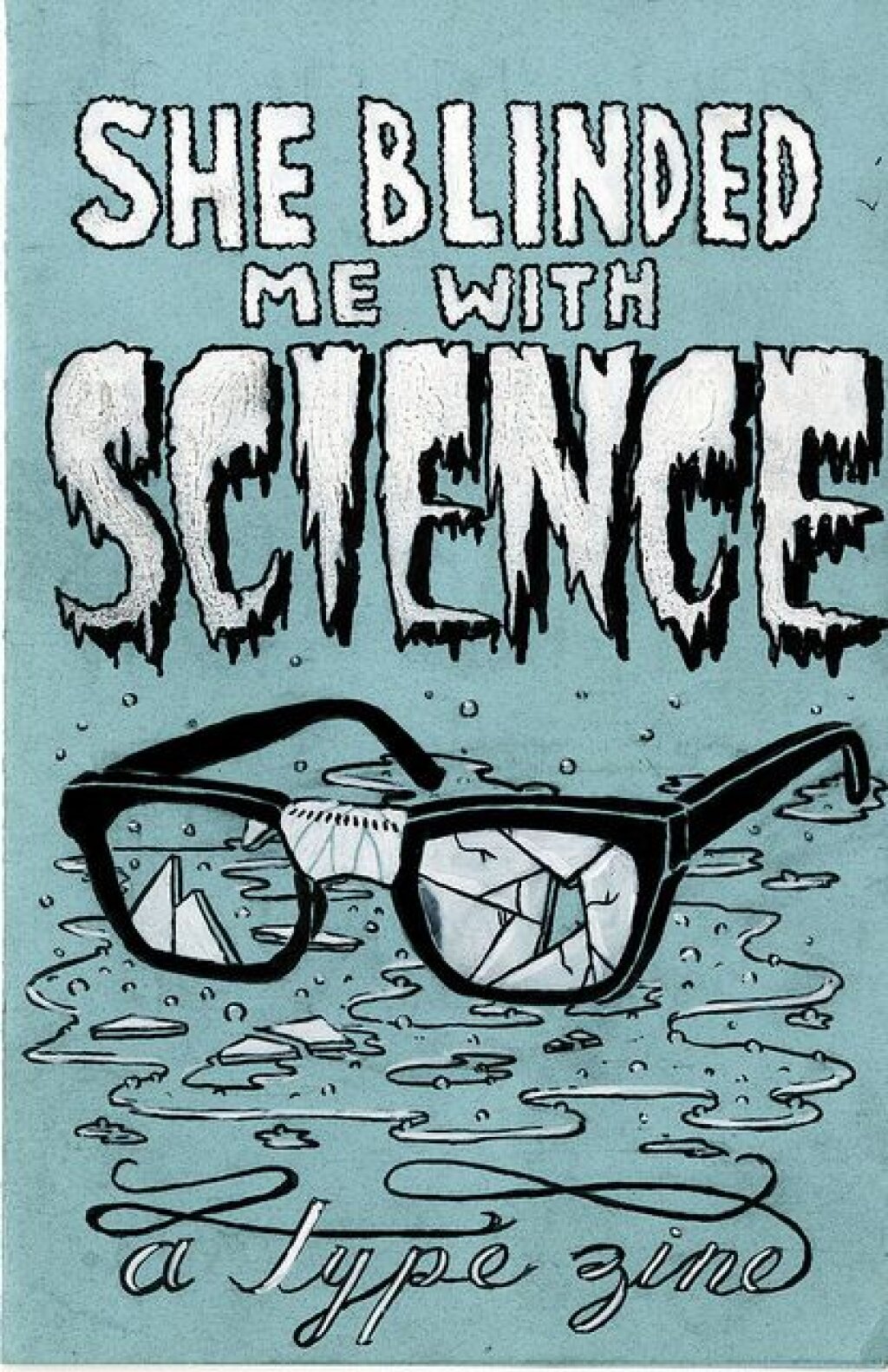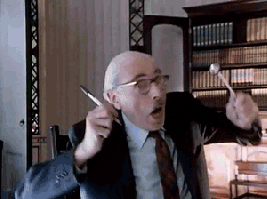This is the thirteenth installment of “Rereading Akunin” focusing on The Winter Queen. For the introduction to the series, and subsequent installments, go here.
Chapter 16
In which a great future is predicted for electricity
The penultimate chapter of The Winter Queen is also the most action-packed. Fandorin narrowly escapes what is essentially a lobotomy, racks up a respectable body count, confronts Lady Astair, and talks his way out of a falsified bomb threat.
But in the best Russian nineteenth-century traditions, this chapter is also one of the talkiest. Mad scientists monologue to bosses (Lady Astair gently reminds the doctor that she’s heard all this before, lampshading the clumsy infodump so necessary to the reader), Lady Astair once again explains herself, this time using Biblical and classical analogies, and even Fandorin makes a heartfelt plea. The nonexistent bomb may fail to detonate, but Fandorin’s worldview is on the verge of an explosion.
The mad scientist indulges in the usual moralistic and pseudoscientific justifications for his reprehensible actions, just as the genre demands: “But, alas, there is no such thing as science without sacrifices. A heavy price must be paid for every new step forward in knowledge. Fine feelings won’t get you very far.”
Yet it is hard to take his talk of science all that seriously; a century later, it is obvious nonsense. But it is consistent nonsense: electricity was the magic MacGuffin of nineteenth-century fantasy, as most notably showcased in Mary Shelly’s Frankenstein (does anyone still actually believe that electricity can do anything to a corpse besides charbroil it?).
By comparison, Lady Astair’s final explanation of Azazel comes off as much less wackadoodle, because it has poetic rather than scientific pretensions. Her Azazel is a guide to gnostic progress. God created the world, leaving men to their own devices:
"Prometheus gave us fire. Moses gave us the concept of the law. Christ gave us a moral core. But the most precious of these heroes was the Judaic Azazel, who taught man a sense of his own dignity.”
At this point, Akunin and his villain converge; if there’s one thing Akunin loves to talk about at length when he is interviewed, it is personal dignity. And, really, how many of us would take issue with what she calls Azazel’s results:
"Thanks to Azazel a man is able to practice arts and crafts and defend his home. Thanks to Azazel woman was transformed from a submissive bearer of children into an equal human being possessing the freedom to choose— whether to be ugly or beautiful, whether to be a mother or an Amazon, to live for the sake of her family or the whole of mankind. God merely dealt man his cards, but Azazel teaches him how to play to win.”
The problem is that, despite the obvious demonic connotations of Azazel, Lady Astair leaves out the most important Promethean figure in Western mythology: Lucifer/Satan. As Lucifer, the devil is the bringer of light; as Satan, particularly in his Milton’s hands, he is the bringer of free will. And free will is exactly what Lady Astair seems comfortable extinguishing, despite her talk of dignity.
After all, her approach to pedagogy blurs the boundaries between the two primary metaphors used for education in European languages: bringing out something intrinsic (the roots of the word “education”, and “forming or “molding” (as in the Russian образование). She talks a good game about children’s innate talents, but she relies heavily on a model of education that verges on brainwashing. In the previous chapter, when Fandorin proclaims that he is immune to her indoctrination, Lady Astair replies, "No, my friend, I am not hoping to win you over with propaganda. Unfortunately we became acquainted too late. Your mind, your character, and system of moral values were already formed, and now it is almost impossible to change them.”
What Lady Astair does with minds, her mad scientist disciple wants to do with brains. Lady Astair cannot change Fandorin with her words, but the aptly named Professor Blank intends to use electricity to wipe Fandorin’s brain clean, leaving only the talented raw material that could subsequently be moulded by the likes of Lady Astair: "microelectricity will change man himself, correcting the imperfections in nature’s design for Homo sapiens.”
Both Lady Astair and Professor Blank hold to a utopian view of human nature, presupposing the malleability that is so essential for creating both the builders and the inheritors of a brave new world. How can Fandorin fight against that? Intellectually, he is not much different from them. His rejection of Azazel, based on principle, on honor, and on his own emotions is a matter of affect.
Consider his plea to Lady Astair when she announces that she is going to blow the place up around the both of them. Does he try to reason with her? Debate the premises of her Weltanschauung? Not for a moment:
“Lizanka!” the doomed Fandorin groaned in his despair. “My lady! I do not wish to die! I am young! I am in love!”
Lady Astair gazed at him compassionately. Some kind of struggle was obviously taking place within her. “Promise me that you will not make hunting down my children the goal of your life,” she said in a quiet voice, looking into Fandorin’s eyes.
“I swear it!” he exclaimed, willing at that moment to promise anything.
After an agonizing pause that lasted an eternity, her ladyship gave a gentle, motherly smile.”
Fandorin goes right for the heartstrings, and, for that matter, to the heart of the matter: he is a young, biological being with emotions and desires, and he does not want to die.
Perhaps this, more than anything else, justifies Akunin’s decision to name his romantic leads “Erast” and “Liza.” Lady Astair tries to blind him with science, but he saves his own life with sentiment.
Minor Observation
Well, technically, his life may not have been in immediate danger, since Lady Astair was bluffing about the bomb. But we’re talking bout an old lady whose comfy chair turned into a death trap last chapter. She probably could have killed him ten times over during the course of their conversation.




